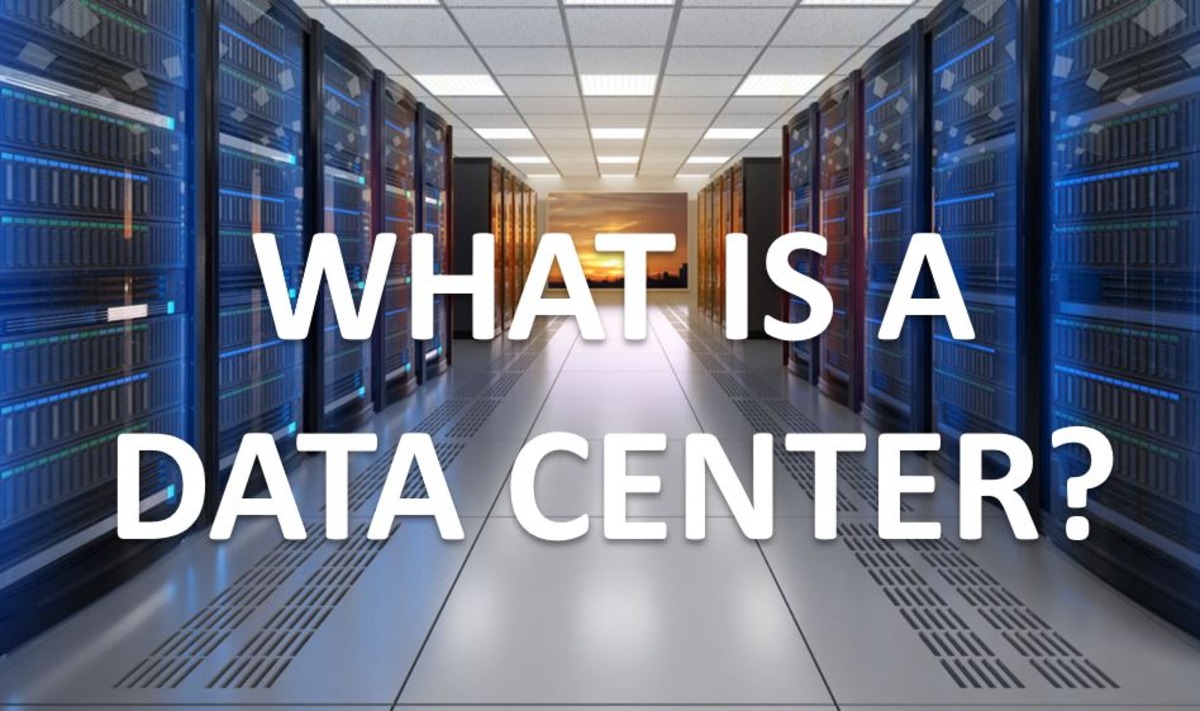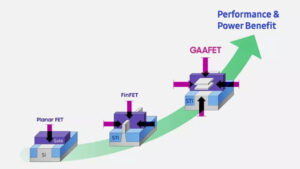Introduction
Data centers are the lifeblood of our digital world, ensuring that data is stored, processed, and transmitted efficiently. Data centers are the unsung heroes of the digital age. They house the massive servers and computer systems that power everything from our favorite websites to the cloud storage for our photos. But data centers themselves are complex ecosystems, relying on a variety of companies to function.
Several types of companies form the backbone of data centers, each playing a crucial role in their operation and maintenance. This article explores these companies and provides examples to illustrate their contributions to the data center ecosystem.
Follow us on Linkedin for everything around Semiconductors & AI
Types of Companies Supporting Data Centers
1. Hardware Manufacturers
Hardware manufacturers produce the essential physical components that make up data centers. These include servers, storage devices, networking equipment, and cooling systems.
Example:
- Dell Technologies: Known for its PowerEdge servers and EMC storage solutions, Dell provides robust hardware for data centers.
- Cisco Systems: A leader in networking equipment, Cisco supplies routers, switches, and other critical infrastructure components.
- NVIDIA: Specializes in GPUs that power data-intensive applications such as AI and machine learning within data centers.
2. Infrastructure Providers
Infrastructure providers offer the physical facilities where data centers are housed. They ensure that the buildings have the necessary power, cooling, and physical security to support data center operations.
Example:
- Digital Realty: Provides data center, colocation, and interconnection solutions, serving major tech companies and enterprises globally.
- CyrusOne: Specializes in building and managing large-scale data center facilities, offering high-security and resilient environments.
Read More: Upto 22% : Top 5 Semiconductor Equipment Makers Sales Surge in Q1 2024 – techovedas
3. Cloud Service Providers
Cloud service providers offer virtualized computing resources over the internet, allowing businesses to scale their operations without investing in physical hardware.
Example:
- Amazon Web Services (AWS): A leading cloud service provider offering a wide range of services, including computing power, storage, and databases.
- Microsoft Azure: Provides cloud solutions that integrate seamlessly with Microsoft’s enterprise software, enabling hybrid cloud deployments.
- Google Cloud Platform (GCP): Known for its advanced machine learning and analytics capabilities, GCP offers a robust cloud infrastructure.
4. Colocation Providers
Colocation providers lease space, power, and cooling to multiple customers within their data center facilities. These companies allow businesses to colocate their servers and networking equipment in a shared environment.
Example:
- Equinix: Operates a global network of data centers, providing colocation services and enabling businesses to connect to a wide range of network service providers.
- CoreSite: Offers colocation solutions with direct access to cloud on-ramps and interconnection services, facilitating efficient data exchange.
5. Managed Service Providers
Managed service providers (MSPs) offer additional IT management and support services on top of infrastructure and colocation. They help businesses manage their data center operations more effectively.
Example:
- Rackspace Technology: Provides managed hosting and cloud services, helping businesses optimize their IT infrastructure and reduce operational complexities.
- Flexential: Offers managed services that include infrastructure management, disaster recovery, and cloud integration.
6. Networking and Connectivity Providers
Networking and connectivity providers ensure that data centers have the necessary bandwidth and low-latency connections to operate efficiently. They offer solutions for both inter-data center and global data transmission.
Example:
- AT&T: Provides networking solutions that include high-speed internet, MPLS, and private line services to ensure robust connectivity for data centers.
- CenturyLink (now Lumen Technologies): Offers extensive fiber-optic networks and data transport services, enabling seamless data flow between data centers and end-users.
7. Cooling and Power Solutions Providers
Cooling and power solutions providers ensure that data centers maintain optimal temperatures and have a reliable power supply, which is critical for the uninterrupted operation of hardware.
Example:
- Schneider Electric: Provides energy management and automation solutions, including data center cooling and power distribution systems.
- Vertiv: Specializes in critical infrastructure, offering products like uninterruptible power supplies (UPS), thermal management, and monitoring systems.
Read More: $445 Million in Damages: Jury Slaps Micron in Patent Trial Against Netlist – techovedas
8. Security Solutions Providers
Security solutions providers ensure that data centers are protected from physical and cyber threats. They offer comprehensive security solutions, including firewalls, intrusion detection systems, and physical access controls.
Example:
- Palo Alto Networks: Provides advanced cybersecurity solutions that protect data center networks from a wide range of cyber threats.
- Honeywell: Offers physical security solutions such as surveillance systems, access control, and environmental monitoring to safeguard data center facilities.
Conclusion
The data center ecosystem relies on a diverse range of companies, each contributing essential components and services to ensure smooth operations. From hardware manufacturers and infrastructure providers to cloud service giants and security specialists, these companies form the backbone of data centers. As technology continues to advance, the collaboration and innovation among these companies will remain crucial in supporting the ever-growing demand for data processing and storage.







